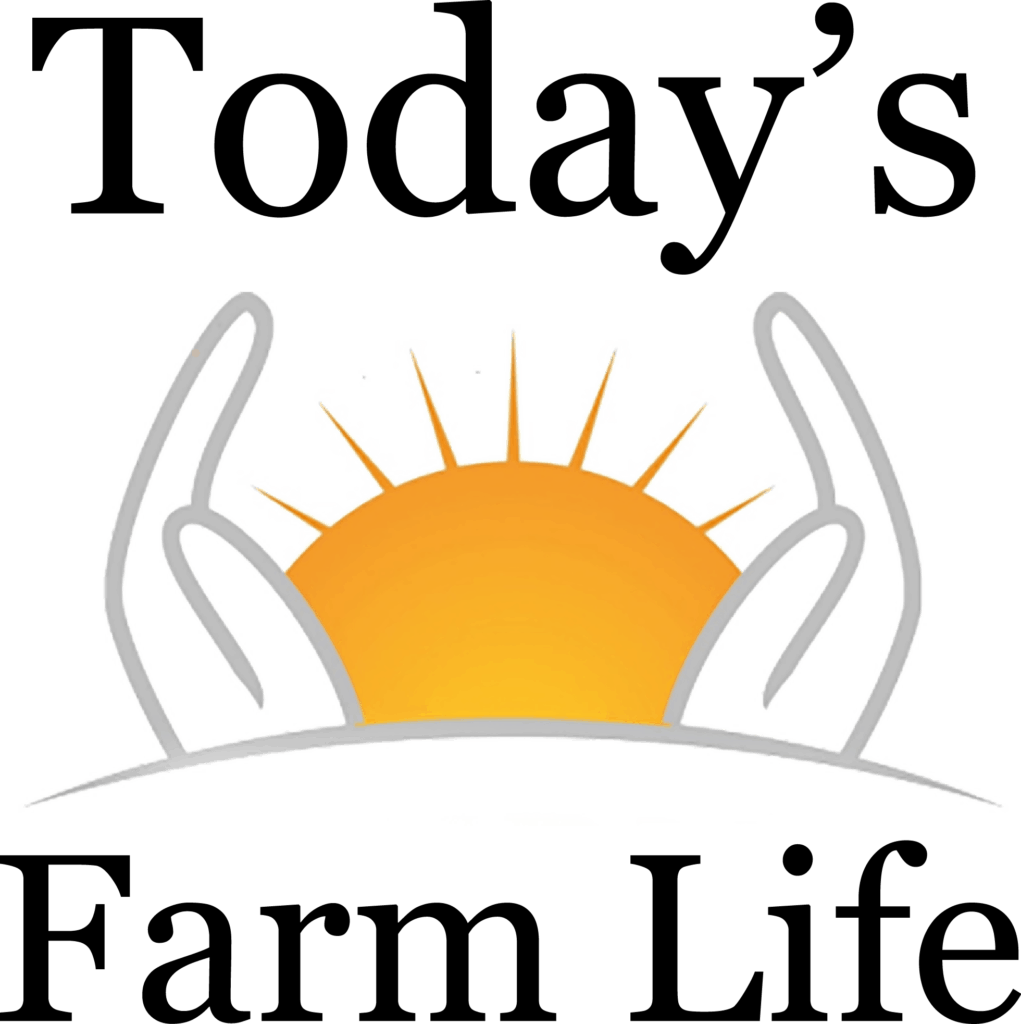By Global Ag Tech Initiative
Global private equity firm Yellow Brick Capital have released a new report into why 2023 is a key time to invest in the fast-growing precision agtech arena. The report reveals that factors such as failing global economies, high inflation, supply chain challenges and an international food crisis all contribute to a redirection of investment out of more traditional markets and into precision agtech start-ups and technologies. The report found that shifting investment from the volatile and uncertain bonds and stocks markets into tangible product such as sustainability focused start-ups and operating companies, were providing notable returns on long term investments. And doing so at a more manageable risk. The investors are more in control of their money with product performance, development control and sales reports offering a sense of security on their investment. Alongside this, the report also found that looming global recessions and high inflation was driving money out of high-net-worth property markets across the world and into emerging markets such as ag-tech, fin-tech, and med-tech. On a practical level, this newer channel of investment (out of the financial markets and into more emerging markets), offered corporate investors ESG (environmental, social, governance) credentials; especially when their investment was in the agtech arena. By drawing their money out of stocks, shares, and bonds and into precision agriculture, investors and companies have been able to pledge their support for global food security and the bettering of our planet, whilst still maintaining their own financial interest with net positive returns, financially and societal. Johan van Zyl, CEO of Yellow Brick Capital commented: “The release of Yellow Brick Capital’s newest report finds an interesting shift in global investment trends. Though interest in tech markets has been steadily increasing over the past decade, over the past 24 months there has been a notable withdrawal from the financial markets into more tangible products, proven to offer returns while playing a role in making our planet sustainable. Alongside factors such as the COVID 19 pandemic, the battering tech companies have experienced leading to massive lay-offs, and the Ukrainian war, investors are now seeing the benefit in committing to the betterment of our planet through agtech as an investment vehicle. 2023 and beyond will undoubtedly see even greater investment into this market as more technological advances are made and the market scales.” Yellow Brick Capital, the London based private equity firm has itself boosted its precision ag-tech interest over the past five years, with plans for greater investment in the coming year. Technologies and companies falling under the Yellow Brick umbrella include precision fertilization software i-Plant Nutrition and Gro-Plant, fertigation hardware I-Feeder Technologies and ground-breaking plant sensor PlantMetrics. Yellow Brick Capital is also overseeing a new, landmark venture in Cambridge, YB IndoorFarm, that will see research into indoor farming and other agricultural advancements, while being an incubator for agtech start-ups.



